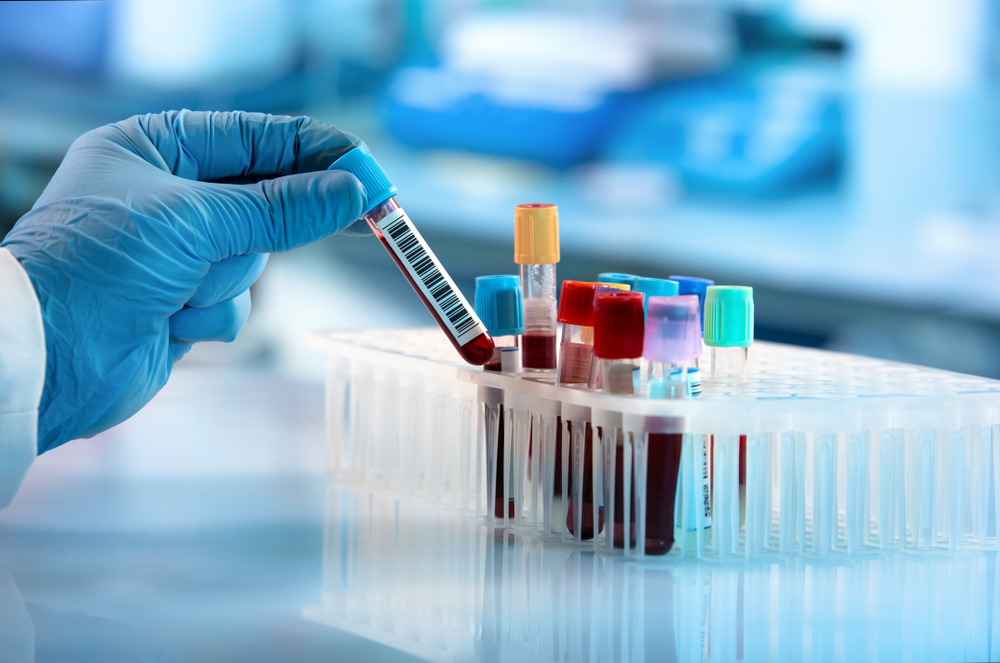
What is External Quality Assurance and Why is it Important?
Written by: UK NEQAS IIA, published on: 29 May 2024

Patients and clinicians rely heavily on the accuracy of laboratory tests, making it imperative that these tests are consistently trustworthy. Therefore, in order to ensure this reliability, numerous laboratories undergo rigorous quality testing.
One of the most effective methods for achieving this is through External Quality Assurance (EQA), which is sometimes referred to as an EQA scheme, EQA Programme, or proficiency testing scheme (PT). In this article, we will explore what External Quality Assurance testing is and why it’s so important.
What is External Quality Assurance?
The term External Quality Assurance (EQA) signifies the process of evaluating a laboratory's testing methodologies by comparing them to other laboratories across the world. EQA involves sending blind samples from an independent organisation, such as IMMQAS, to participating laboratories. Results are then compared against those of peers, in order to facilitate the ongoing monitoring of reporting accuracy.
Why is External Quality Assurance Important?
External Quality Assurance is important because it instils confidence among both staff and patients by ensuring that tests conducted provide accurate and consistent results, thereby fostering trust in the outcomes.
EQA allows participants to thoroughly assess, oversee, and enhance their own laboratory performance, which ultimately ensures the delivery of optimal patient care. EQA functions as an invaluable educational resource while also identifying potential issues with kits or reagents.
Participation in EQA can also be a requirement for accreditations, which is beneficial for many reasons, and will further demonstrate the reliability of the laboratory’s testing. At UK NEQAS IIA, we can help participants toward gaining ISO 15189 accreditation.
What are the Benefits of EQA?
External Quality Assurance holds many benefits, including:
- Offering an early warning for any systematic errors
- Highlighting any areas for improvement
- Identifying any training gaps
- Comparing performance between laboratories using the same assay
- Comparing performance between testing sites using different assays
- Detecting any assay calibration issues or equipment faults
This can lead to improved patient care, an enhanced reputation, and reduced costs in the long term.
Characteristics of an EQA Scheme
EQA programmes can vary, but some primary characteristics include:
- EQA programmes can be organised at different levels, including regional, national and international
- They may be free of charge, or cost a fee
- Some EQA schemes may address a single disease, while others address a wider repertoire of tests. At UK NEQAS IIA, we specialise in the quality testing within the areas of allergy, immunology and immunochemistry
- Individual laboratory results are kept confidential, and are usually only known by the participating lab and EQA provider
- Although certain EQA programmes are mandatory, dictated either by accreditation standards or legal regulations, others operate on a voluntary basis. In such instances, quality managers may opt to participate in order to improve their lab’s performance.
What Should a Good EQA Scheme Offer?
A good EQA scheme should offer the following:
- Regular reporting
- Quick report turnaround time (to ensure any errors don’t go unnoticed)
- Sample materials that are as close to patient samples as possible
- Genuine Blind Sampling Testing
- Demonstrate comparison performance between laboratories
- Large number of participants to provide more comparison data and in-depth peer comparison
POCT in EQA
Point of Care Testing (POCT) refers to testing conducted in close proximity to or directly at the patient's location, with the potential to prompt immediate adjustments to patient care based on the results.
The popularity of Point of Care Testing (POCT) has grown due to its fast results, offering the potential to save time and improve patient outcomes. However, the accuracy and reliability of POCT are paramount. Therefore, it is strongly advised that all POCT devices undergo EQA to ensure their effectiveness.
What Challenges Could Labs Face without Quality Assurance?
The absence of an effective Quality Assurance system in laboratories poses some risks, including the potential for inaccurate test results and a loss of trust in the reliability of a laboratory’s findings.
Without proper QA measures in place, laboratories may also find themselves vulnerable to legal implications due to erroneous outcomes. These risks highlight the critical importance of implementing EQA protocols to ensure the integrity, accuracy, and credibility of laboratory testing processes.
By prioritising EQA, laboratories not only safeguard against potential pitfalls but also uphold their commitment to delivering trustworthy results, thereby maintaining confidence among stakeholders and the broader community.
What is the difference between EQA and IQC? (h2)
EQA and IQC are both essential methods of maintaining high standards within laboratories. IQC stands for Internal quality control, and is undertaken by the laboratory to monitor day-to-day testing performance.
External Quality Assurance at UK NEQAS IIA
We’ve discussed what External Quality Assurance is, and why it’s so important. EQA boosts confidence among staff and patients through the output of reliable results, building trust of the laboratory.
Here at UK NEQAS IIA, we offer our EQA services for clinical laboratories worldwide to help mitigate errors and uphold quality standards. In addition, we provide a wide range of educational resources in our Digital Academy. Register with us here today, and don’t hesitate to contact us for any further information.

